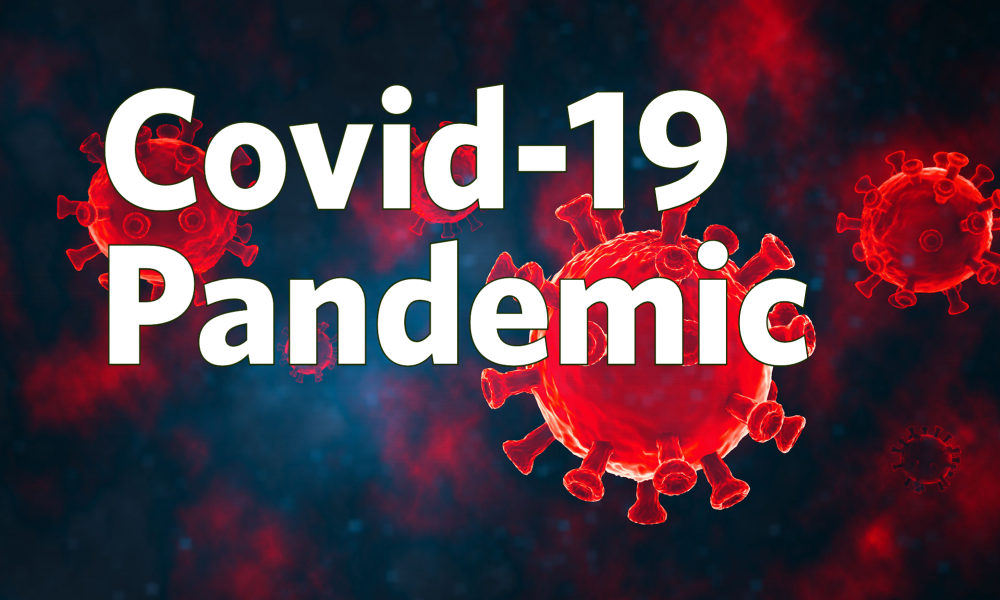 As the United States passes one million mortalities after three years of this horrid pandemic, we must learn lessons to avoid the next one. The most important beginning point is that Covid-19 is a zoonotic disease, that is, originally transmitted to humans via wild animals. Flowing from this are four discrete policy steps to reduce wildlife disease risks that we should take going forward. It’s important to recognize that Homo sapiens has inflicted new diseases onto wild animals that are proportionally worse than what bats and other animals have done to us. We need vastly greater resources aimed at stopping future disease losses on both sides of the equation. We need to set the ecological scales right. In fact, ecohealth is just what we need.
As the United States passes one million mortalities after three years of this horrid pandemic, we must learn lessons to avoid the next one. The most important beginning point is that Covid-19 is a zoonotic disease, that is, originally transmitted to humans via wild animals. Flowing from this are four discrete policy steps to reduce wildlife disease risks that we should take going forward. It’s important to recognize that Homo sapiens has inflicted new diseases onto wild animals that are proportionally worse than what bats and other animals have done to us. We need vastly greater resources aimed at stopping future disease losses on both sides of the equation. We need to set the ecological scales right. In fact, ecohealth is just what we need.
From Trump to Biden, More Federal Workers File Far Fewer Gripes
A comparison of the Trump Administration and the first two years of the Biden Administration on their Good ...
Four policy steps to reduce zoonotic disease risks and prevent future pandemics that stem from human interaction ...
Biosafety Breaches Risk Zoonotic Outbreaks and Hinder COVID Research
Biden Executive Order on COVID-19 protocols on federal property puts the National Park Service under a direct ...
Rebekah Jones exposed wrongdoing and abuse of power in Florida during the COVID pandemic to save lives and make ...
Winter snow guides in Yellowstone protest pandemic response in managed Yellowstone National Park, six guides were ...
Giving political appointees the ability to easily hire and fire civil servants in policy positions put the ...
With the White House still pushing to “reopen” at all costs, essential workers will continue to pay the highest ...
Should we be using pesticides when spraying for mosquitoes that may compromise someone’s respiratory system during ...
Teachers File Complaint Charging Unsafe Conditions in Re-Opened Schools
White House pressuring the FDA and CDC to ignore science and stick to political messaging on the COVID-19 pandemic
Partying Undergrads Shun Masks and Risk Super-Spreader Events
NOAA has informed its employees to avoid mentions of COVID-19 in publicly available documents as the ...
Not passing the HEROES Act will have devastating consequences to the economy, state governments and the public ...
Federal agencies are under White House pressure to "reopen" by bringing federal workers back to their ...
National Forests receive less attention than parks during COVID-19, but overcrowding, lack of resources, and risk ...
No Regional Office Meets “Gating Criteria” or Ensures CDC Safeguards
Data Shows Infections Still Exceed CDC “Gating Criteria” for Phase One
Disney World Will Embrace Public Health Measures NPS Eschews

